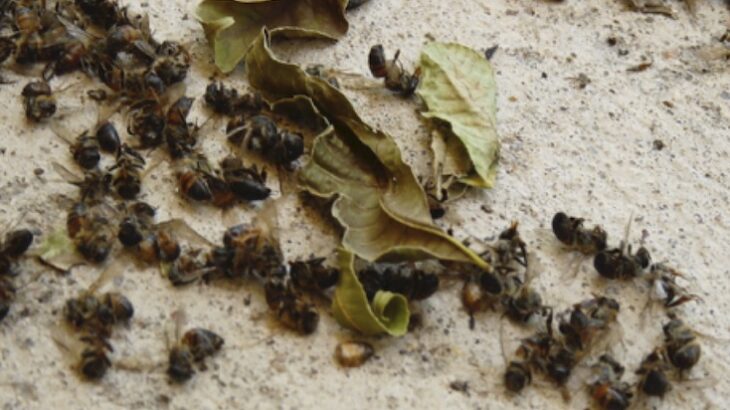
By Qiaochu Liang, Biology & Life Sciences co-editor The beaver is a familiar sight to Canadians. Castor canadensis is an official symbol of Canada and appears on many government-related artifacts including the Canadian nickel and the Parks Canada logo. But what do we really know about these amazing creatures? Today, advances in Artificial Intelligence (AI) […]







